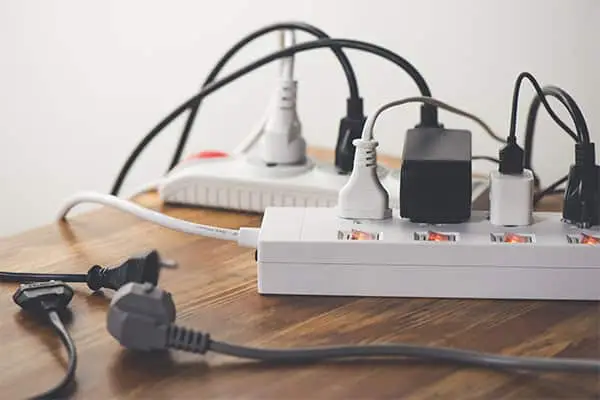In today’s modern world, electricity is an indispensable part of our lives. From powering our homes to fueling our devices, its presence is ubiquitous. However, along with the convenience it brings, there also come inherent risks. Electrical accidents can cause severe injury, damage to property, and even loss of life. This underscores the critical importance of electrical safety, especially for homeowners. In this article, we’ll delve into some essential tips to help homeowners safeguard their families and properties from electrical hazards.
- Regular Inspections: One of the fundamental steps in ensuring electrical safety is conducting regular inspections of your home’s electrical system. Over time, wiring can deteriorate, connections can loosen, and devices can become faulty. By having a qualified electrician inspect your electrical setup annually, you can identify and address potential issues before they escalate into serious problems.
- Upgrade Outdated Wiring: Many older homes still have outdated wiring systems that may not meet current safety standards. Knob and tube wiring, for example, was commonly used in homes built before the 1950s but is now considered obsolete and unsafe. Consider upgrading to modern wiring systems to reduce the risk of electrical fires and shocks.
- Install Ground Fault Circuit Interrupters (GFCIs): GFCIs are devices designed to protect against electrical shocks by quickly shutting off power when they detect a fault. They are especially crucial in areas where water is present, such as kitchens, bathrooms, and outdoor outlets. Installing GFCIs can significantly reduce the risk of electrocution in your home.
- Use Surge Protectors: Power surges can damage sensitive electronics and appliances, posing both a safety hazard and a financial burden. Installing surge protectors on electrical outlets can safeguard your devices from voltage spikes caused by lightning strikes, utility grid fluctuations, or large appliances turning on and off.
- Avoid Overloading Circuits: Overloading electrical circuits by plugging in too many devices or appliances can lead to overheating and electrical fires. Spread out your electrical load by using multiple outlets and avoid using extension cords for long-term connections.
- Practice Appliance Safety: Faulty or misused appliances are a common cause of electrical fires. Always follow manufacturer’s instructions for proper use and maintenance of appliances. Inspect cords and plugs for damage regularly, and replace any worn-out components immediately.
- Keep Electrical Equipment Away from Water: Water and electricity don’t mix. Keep electrical appliances and devices away from sinks, bathtubs, pools, and other sources of water. Never handle electrical equipment with wet hands, as this significantly increases the risk of electric shock.
- Educate Your Family: Ensure that everyone in your household, including children, understands the basics of electrical safety. Teach them never to touch electrical outlets or appliances with wet hands, and to report any signs of electrical problems, such as sparks or burning smells, immediately.
- Invest in Smoke Detectors and Fire Extinguishers: In the event of an electrical fire, early detection and suppression are crucial. Install smoke detectors in key areas of your home and test them regularly to ensure they are functioning correctly. Additionally, keep a fire extinguisher handy and make sure everyone knows how to use it safely.
- Call a Professional: If you ever encounter electrical problems that you’re unsure how to handle, don’t attempt to fix them yourself. Instead, call a licensed electrician who can safely diagnose and resolve the issue.
In conclusion, prioritizing electrical safety is paramount for homeowners to protect their families and properties from potential hazards. By following these tips and staying vigilant, you can create a safer living environment and enjoy the benefits of electricity with peace of mind. Remember, when it comes to electrical safety, it’s always better to be proactive than reactive. Contact us for more information.

